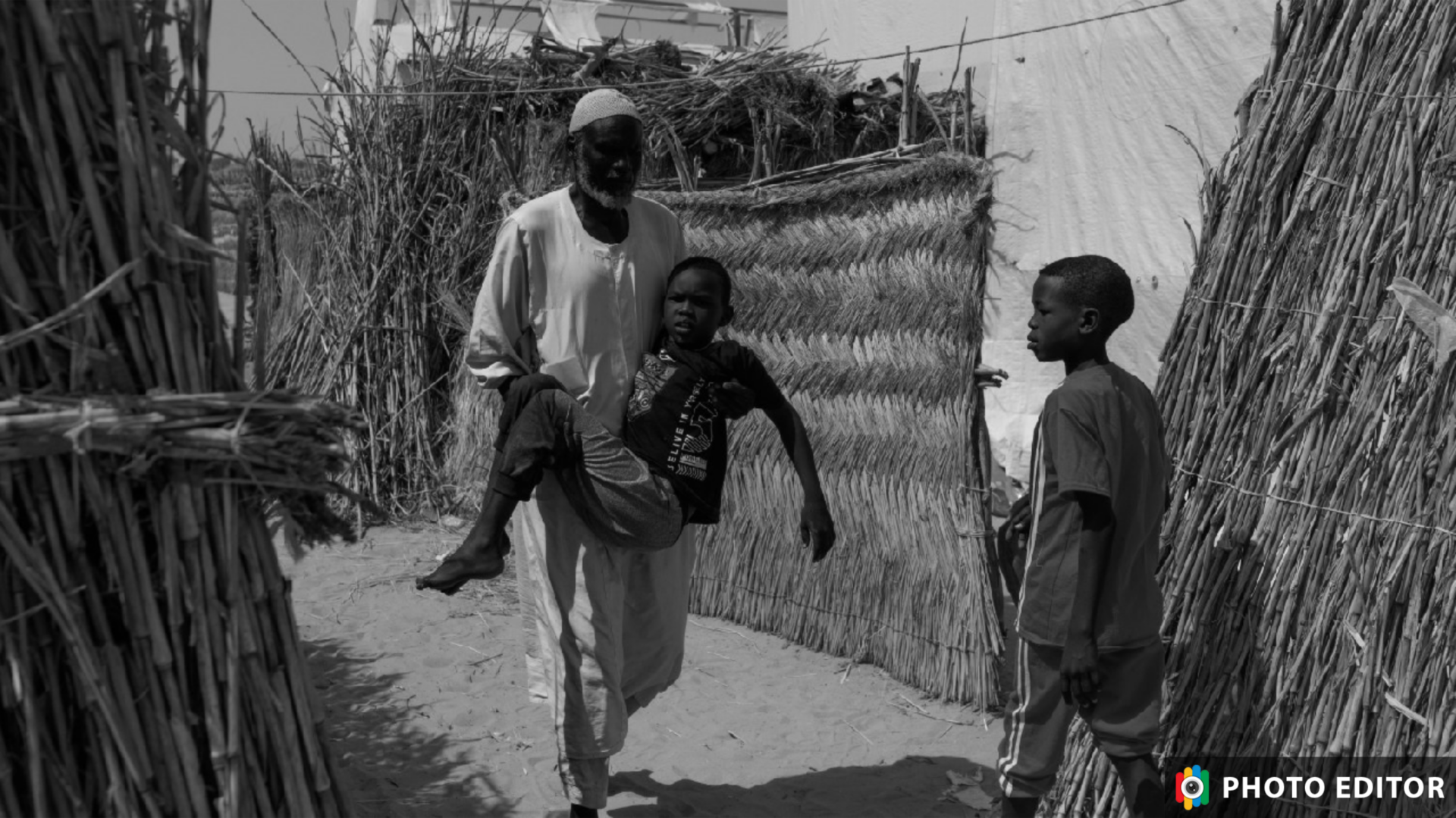Emirates denies Sudan’s claims that it armed paramilitaries and is furious that UK did not leap to its defence at a UN meeting
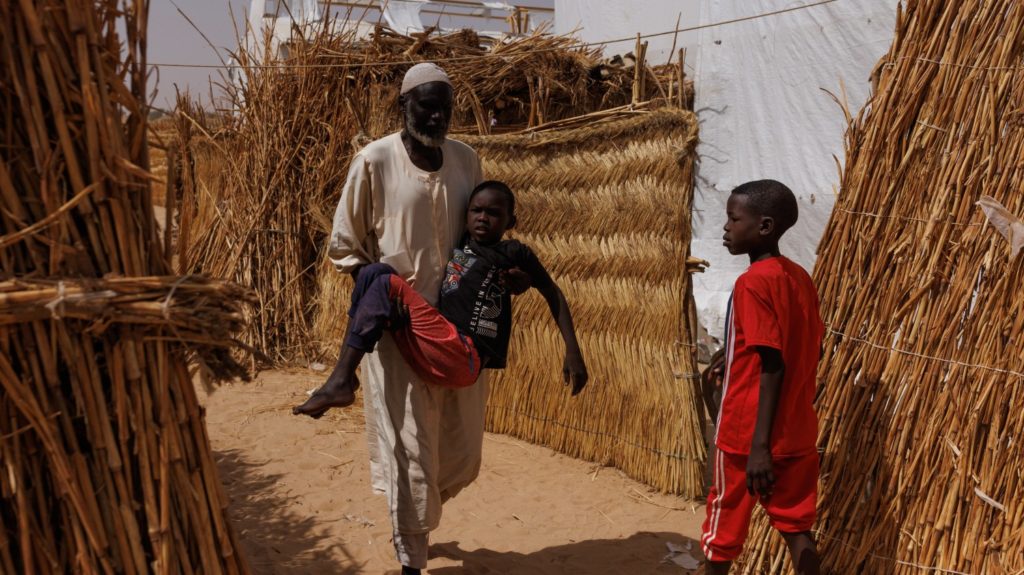
DAN KITWOOD/GETTY IMAGES
London-The Times Newspaper:
The United Arab Emirates has cancelled meetings with British ministers after being accused of funding paramilitaries in Sudan.
Earlier in April the UN Security Council hosted a meeting at the request of the UK on the civil war in Sudan. The war erupted in April last year and has led to tens of thousands of civilian deaths.
Sudan’s representative used the meeting to accuse the UAE of supporting the paramilitary Rapid Support Forces, which the UAE denies.
The UAE has since issued a statement categorically denying any involvement. Writing in The Times, Nadhim Zahawi, a former minister, said: “Britain’s response to this was considered so lacklustre that the Emiratis have paused all ministerial meetings with the UK, expressing their anger that we are standing by while the Sudanese defame them.
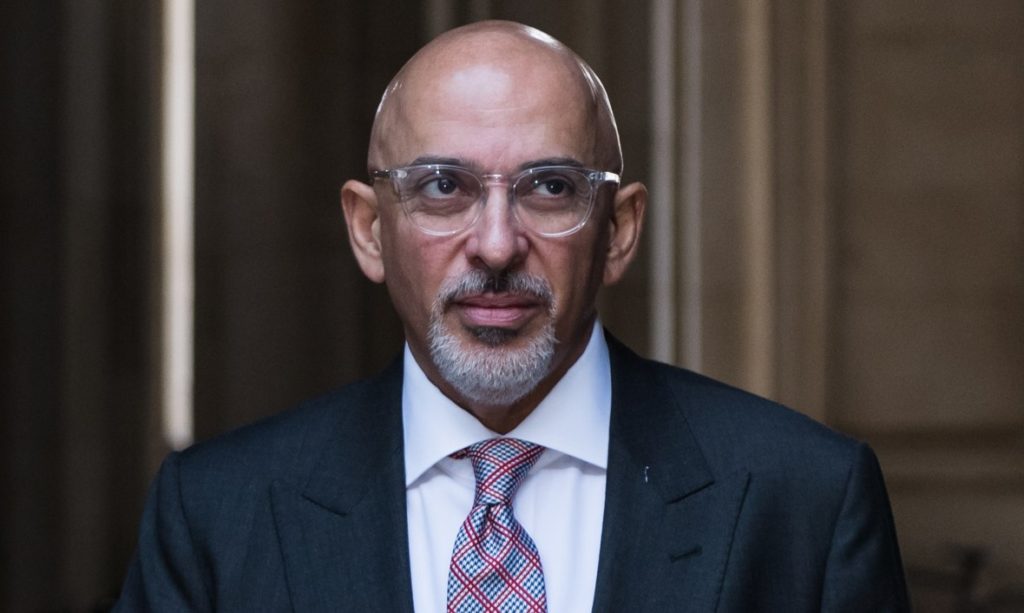
“This is the very same Sudanese faction that claims an alliance with Iran is not anti-west or anti-Israel.
The Times has been told that four ministerial meetings in the coming weeks have been cancelled over the row.
It is another source of tension in relations between the UAE and UK after the government intervened to stop the takeover of The Daily Telegraph by an Abu Dhabi-backed investor.
The war in Sudan is between the national army and the paramilitary Rapid Support Forces (RSF). It erupted last April and has created the world’s biggest humanitarian disaster, uprooting 8.5 million people and leaving 25 million needing humanitarian help. Experts say that famine will break out in the coming weeks, which could kill 500,000 to one million people.
In the western Darfur region of Sudan, the RSF and allied militia have waged a campaign of killings, looting and other violence against members of ethnic African groups, evoking memories of the genocide of the mid-2000s.
Between 10,000 and 15,000 people were killed in a single town, according to a United Nations report leaked in January. The UN report also described as “credible” claims that the UAE has provided weapons to the RSF via a desert airbase in neighbouring Chad, where flights depart “several times a week”.
The UAE has rejected allegations that it is arming the RSF and said the flights carried humanitarian aid. It made its latest denial in a letter to the UN security council last week.
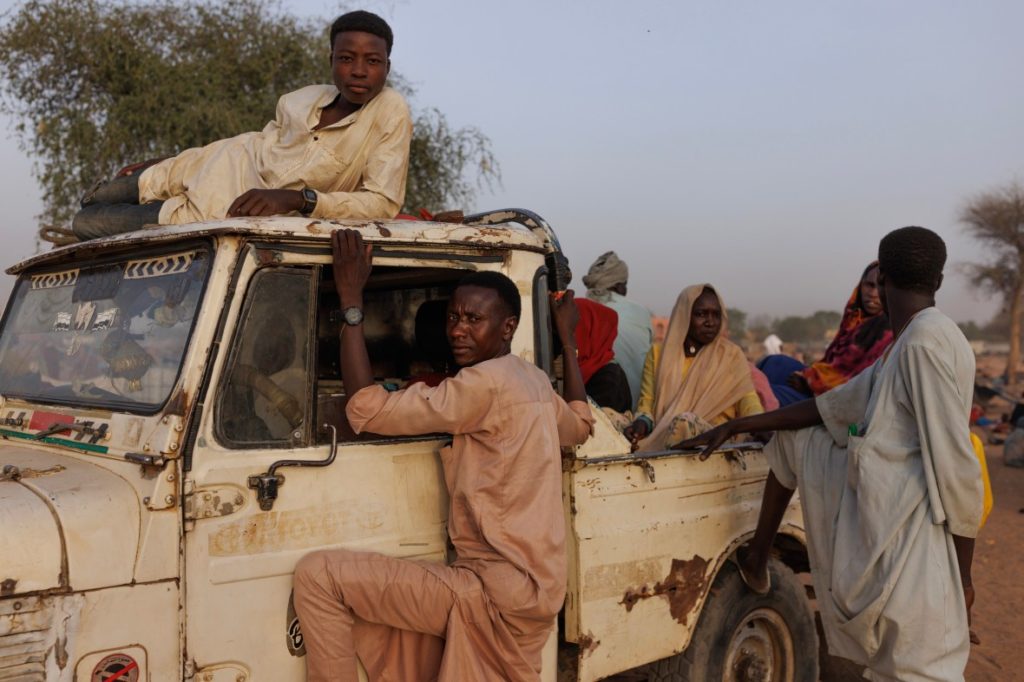
On Friday the UN gave warning that the RSF was poised to attack al-Fashir, the last major town in Darfur in the hands of the national army and home to hundreds of thousands of people who fled fighting elsewhere in the region.
An attack on al-Fashir could result in “further ethnically motivated violence in Darfur, including mass killings”, said Volker Turk, the UN high commissioner for human rights.
A state news agency in Sudan said the government was seeking an emergency meeting at the UN security council on the UAE’s support for the RSF.
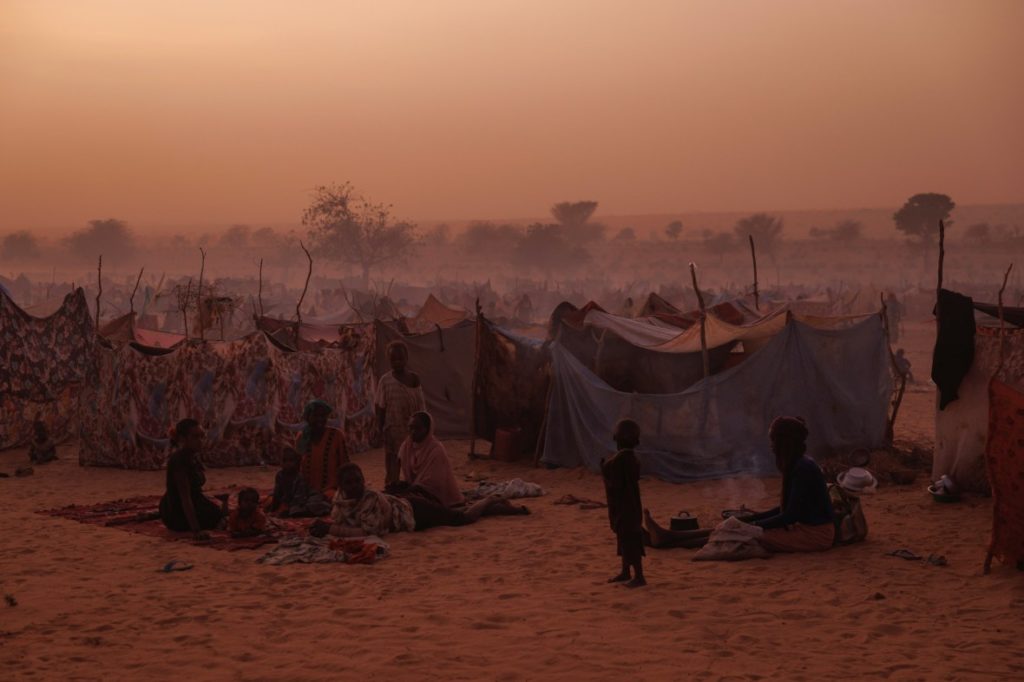
In a letter to the security council, the UAE said: “The United Arab Emirates unequivocally rejects the baseless allegations made by the permanent representative of Sudan, which run counter to the longstanding brotherly relations between our two countries, and regrettably appear to be nothing more than an attempt to divert attention from the conflict and the dire humanitarian situation caused by the ongoing fight.
“All allegations of the United Arab Emirates’ involvement in any form or aggression in the destabilisation of Sudan, or its provision of any military, logistical, financial or political support to any faction in Sudan, are spurious, unfounded and lack any credible evidence to support them.”
This diplomatic spat plays into Tehran’s hands
When George W Bush talked about an axis of evil, it was a good line but it didn’t accurately describe the reality of relations between states hostile to the western world (Nadhim Zahawi writes).
Evil these regimes certainly were, but an axis? Not at that point. I’ve written before about the horrors of Saddam Hussein that forced my family and me to flee Iraq, one of those countries Bush had in mind. Had I not escaped, I would likely have ended up one of the million casualties of the war between Iraq and its neighbour, the Islamic Republic of Iran. Iran was another putative member of Bush’s axis but relations between the two had long been disastrous, not least the eight-year war that ravaged Mesopotamia through most of the 1980s.
Not any more. The withdrawal of western forces from Iraq has allowed Iran to move in and extend its influence in ways Ayatollah Khomeini could only have dreamt of 40 years ago. In so doing, it has formed one of many planks of its own axis of evil, spreading terror and misery across the world.
It’s getting harder and harder for people to ignore the malignance that spews out of Iran. No continent is safe. For while the regime in Tehran has always had a broad definition of its “regional sphere of influence”, its stench has now wafted across the world. In South America, the socialist government of Venezuela has been allowing an Iranian naval presence to menace the crucial trade route of the Panama canal. It has also been buying arms from Iran, which it is using to sabre-rattle at neighbouring Guyana, Britain’s only former imperial outpost on that continent and a redoubtable little democracy that has recently discovered abundant oil reserves.
Closer to home, it has been Shahed drones, developed in Iran, that have been used by Putin to try to break the will of Ukraine’s people. These “suicide drones”, as they are known, have been brought to bear against civilian infrastructure and housing. Just think about the level of co-ordination and collaboration that is required. A device designed and built by a theocratic dictatorship, shipped to Russia and then used to cause death and destruction on our continent.
To show just how global Iran’s pernicious reach is becoming, I will go on. The homeland of my ancestors, the Kurds, who are trying to build a pro-western democratic region in the north of Iraq, has been targeted with these same attacks. Civilians have been targeted, with the Iranian Revolutionary Guard Corps claiming responsibility and farcically describing a businessman’s home as an Israeli espionage centre. This was one of many attacks aimed at hurting a region where Kurds are building a nation that looks more like the West than an Islamist state.
By now, we know about Iran’s funding and support of the Houthis, Hezbollah and Hamas. There is also support for the Taliban in Afghanistan, al-Shabaab in Somalia and other terrorist groups across Africa. But their meddling extends into the United Nations, via the oft-forgotten Sudanese civil war.
On Tuesday, April 19, the UN security council held a meeting to discuss Sudan (upon the UK’s request, as we are the “penholder” of the Sudan file) in light of the first anniversary of the war, and following the humanitarian conference held in Paris. The Sudanese representatives (supported by, you guessed it, Iran) used the opportunity to attack the United Arab Emirates, a staunch British ally.
Britain’s response to this was considered so lacklustre that the Emiratis have paused all ministerial meetings with the UK, expressing their anger that we are standing by while the Sudanese defame them. This is the very same Sudanese faction that claims that an alliance with Iran is not anti-West or anti-Israel. These kinds of diplomatic spats play into Tehran’s hands, of course, just as much as any signs of weakening support for Israel or Ukraine.
The US Congress has rightly passed huge financial support for our allies. Likewise, Rishi Sunak’s announcement of increased defence spending is very welcome and will sadly prove prophetic. But from war to diplomacy, South America to Africa, and Europe to Erbil, we need to do more to counter Iranian aggression and draw lines in the sand. Weakness or equivocation are no longer luxuries we can afford.

